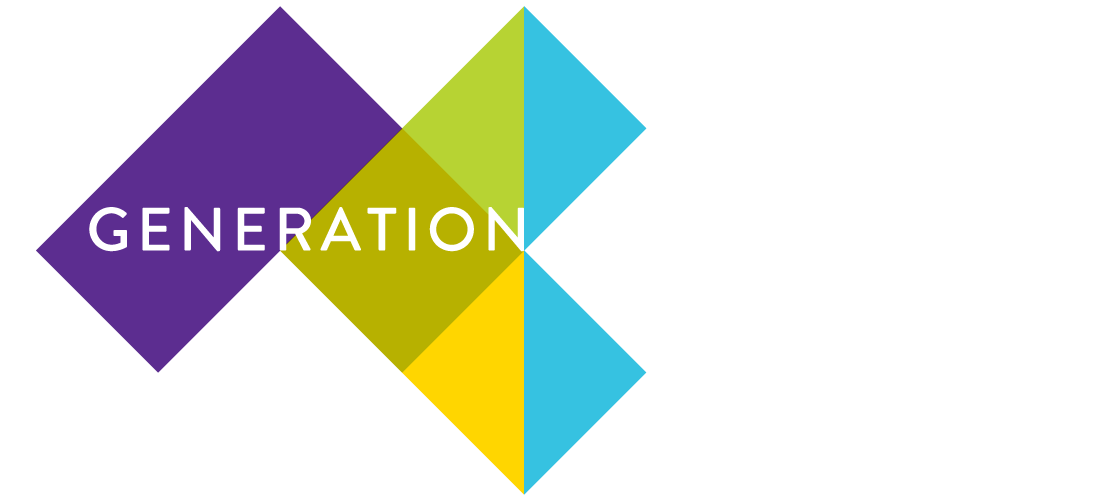Name: Natalie De La Cruz
Age: 17
Location: West Hartford, CT, USA
Tell us a bit about yourself and what you’re mainly involved in:
My name is Natalie DeLaCruz, I use she/her pronouns, I’m a third year student at Conard High School. I am graduating a year early. I do a lot of activism and political work and, right now, I serve as student council president; the West Hartford student representative on Get Ready; on the West Hartford Greater Together Community fund advisory committee (which decides what nonprofits to allocate money to); and as my high school’s representative on the West Hartford Prevention Council. I am also a national ambassador for the Herren Project!
What inspired you to go into political and activism work?
My political awakening was in 2016 after the [US presidential] election. I started to get involved in politics, but I wasn’t involved in activism until the Parkland shooting and other school shootings, which kind of galvanized me. The first thing that I did was organize a walk-out at [my middle school] on the anniversary of the Parkland shooting. School shootings and gun violence were the first issues I became passionate about.
What other important initiatives are you working on?
I do a lot of little speaking events. I am speaking on a panel this Thursday about vaping, which I think is one of the most important issues I’m currently working on. I’m anti-substance abuse in general. I also think the work I’m doing in school is very interesting. As student president, I am actively trying to increase student voices and trying to make the school more equitable.
What is the most important work you’ve done so far that’s affected your community?
I had a big part in planning my town’s Black Lives Matter protest back in June and so I think that was the biggest impact that I’ve had most directly on the community because hundreds of people showed up. Indirectly, I’m really happy with the work we’re doing on the Greater Together Advisory Committee because I’m [playing a pivotal role in] helping decide where the money is going to go. We’re going to be able to fund a bunch of nonprofits, so I think that that is very impactful indirect work that I’m doing.
Do you have any advice for youth who want to get into politics and social justice?
One, it’s never too late. A lot of kids these days are getting involved in things really early, but it's never too late to get involved. Two, what I did was totally backwards. I started on a national level like the national March for Our Lives movement and national presidential campaigns, and then I worked my way to more local efforts. I would recommend doing the opposite of that. Reach out to your student representatives, your city council people, your board of education even, and volunteer. The best way to get involved in a campaign is to volunteer, and if you show that you’re passionate about the issue and you’re dedicated then it’s pretty easy to get an internship from that. For activism, there are a lot of nonprofits and clubs - like the Herren Project - that you can join. You can join most groups virtually now, which is awesome.
What is one of the biggest challenges you’ve faced as a young political activist?
One challenge was the fact that I was always the youngest person in the room. For example, when I was interning with [State Representative] Jillian [Gilchrest of West Hartford, CT] I was the only high school intern in the entire program, so that made me feel very anxious. She helped me a lot with that because she was also a freshman representative, so we were both new.


